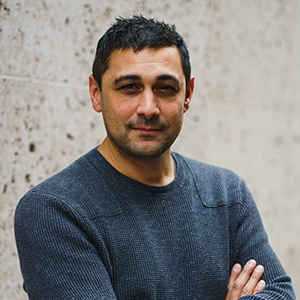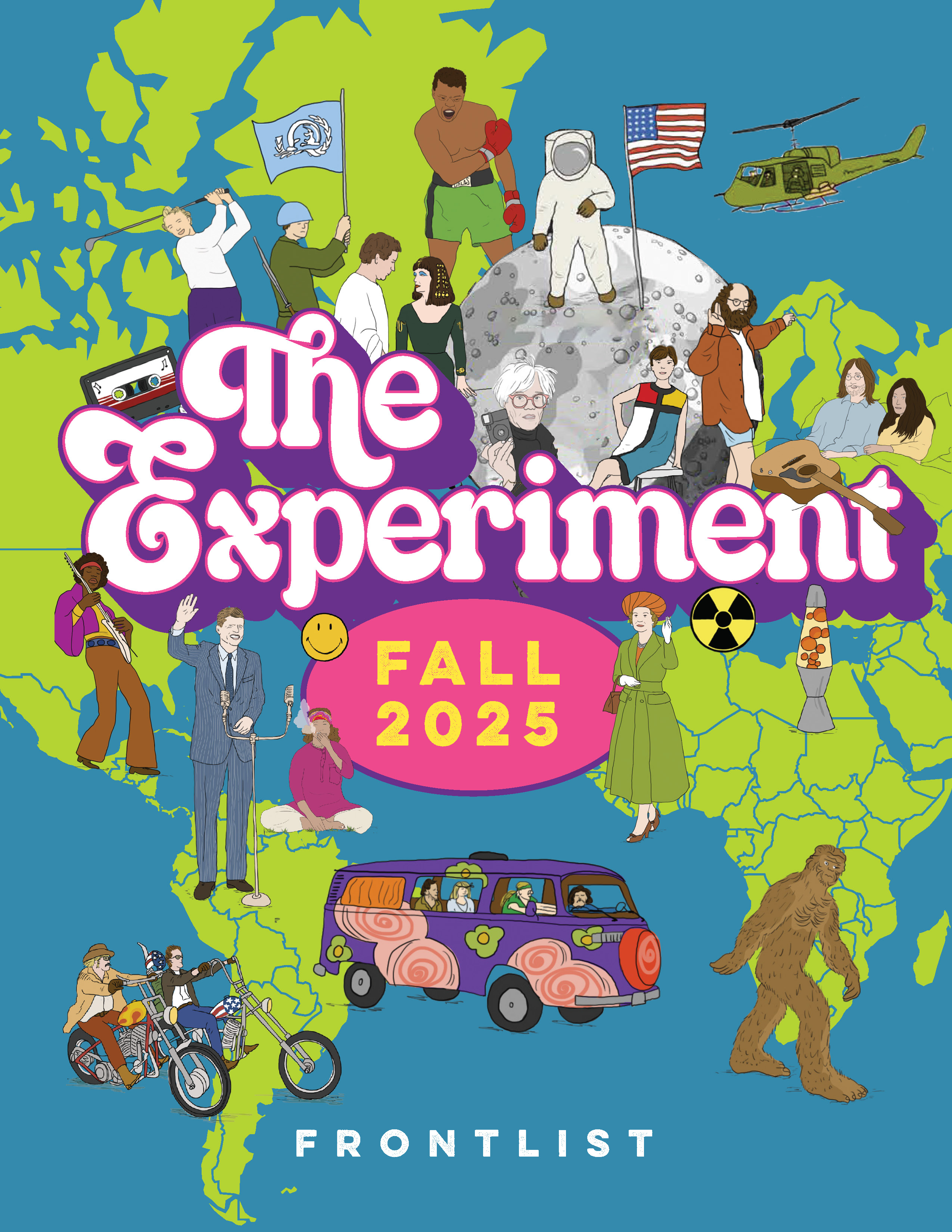Newsletter
- Your subscription could not be saved. Please try again.Thank you for subscribing!
Catalog
-
Adam Rutherford

Adam Rutherford is a geneticist, science writer, and broadcaster. He studied genetics at University College London, and during his PhD on the developing eye, he was part of a team that identified the first known genetic cause of a form of childhood blindness. As well as writing for the science pages of The Guardian, he has written and presented many award-winning series and programs for the BBC, including the flagship weekly Radio 4 program Inside Science, The Cell for BBC Four, and Playing God (on the rise of synthetic biology) for the leading science series Horizon. He is also the author of How to Argue With a Racist, an incisive guide to what modern genetics can and can’t tell us about human difference; The Book of Humans, a new evolutionary history that explores the profound paradox of the “human animal”; A Brief History of Everyone Who Ever Lived, finalist for the National Book Critics Circle Award in nonfiction; and Creation, on the origin of life and synthetic biology, which was short-listed for the Wellcome Book Prize.

The Human Story Retold Through Our Genes
by Adam Rutherford
by Adam Rutherford
Hardcover | $25.95 US / $38.95 CAN
In our unique genomes, every one of us carries the story of our species—births, deaths, disease, war, famine, migration, and a lot of sex. But those stories have always been locked away—until now. Who are our ancestors? Where did they … Continue reading →

The Human Story Retold Through Our Genes
by Adam Rutherford
by Adam Rutherford
Paperback | $18.95 US / $24.95 CAN
In our unique genomes, every one of us carries the story of our species—births, deaths, disease, war, famine, migration, and a lot of sex. But those stories have always been locked away—until now. Who are our ancestors? Where did they … Continue reading →

How Homo sapiens Became Nature’s Most Paradoxical Creature—A New Evolutionary History
by Adam Rutherford
by Adam Rutherford
Hardcover | $25.95 US / $33.95 CAN
Evolutionary theory has long established that humans are animals: Modern Homo sapiens are primates who share an ancestor with monkeys and other great apes. Our genome is 98 percent identical to a chimpanzee’s. And yet we think of ourselves as … Continue reading →

A Brief History of Culture, Sex, War, and the Evolution of Us
by Adam Rutherford
by Adam Rutherford
Paperback | $15.95 US / $21.00 CAN
In this new evolutionary history, geneticist Adam Rutherford explores the profound paradox of the human animal. Looking for answers across the animal kingdom, he finds that many things once considered exclusively human are not: We aren’t the only species that … Continue reading →

What Our Genes Do (and Don't) Say About Human Difference
by Adam Rutherford
by Adam Rutherford
Hardcover | $21.95 US / $28.95 CAN
Racist pseudoscience has become so commonplace that it can be hard to spot. But its toxic effects on society are plain to see—feeding nationalism, fueling hatred, endangering lives, and corroding our discourse on everything from sports to intelligence. Even well-intentioned … Continue reading →

What Our Genes Do (and Don’t) Say About Human Difference
by Adam Rutherford
by Adam Rutherford
Paperback | $14.95 US / $19.95 CAN
Race is not a biological reality. Racism thrives on our not knowing this. In fact, racist pseudoscience has become so commonplace that it can be hard to spot. But its toxic effects on society are plain to see: rising nationalism, … Continue reading →

